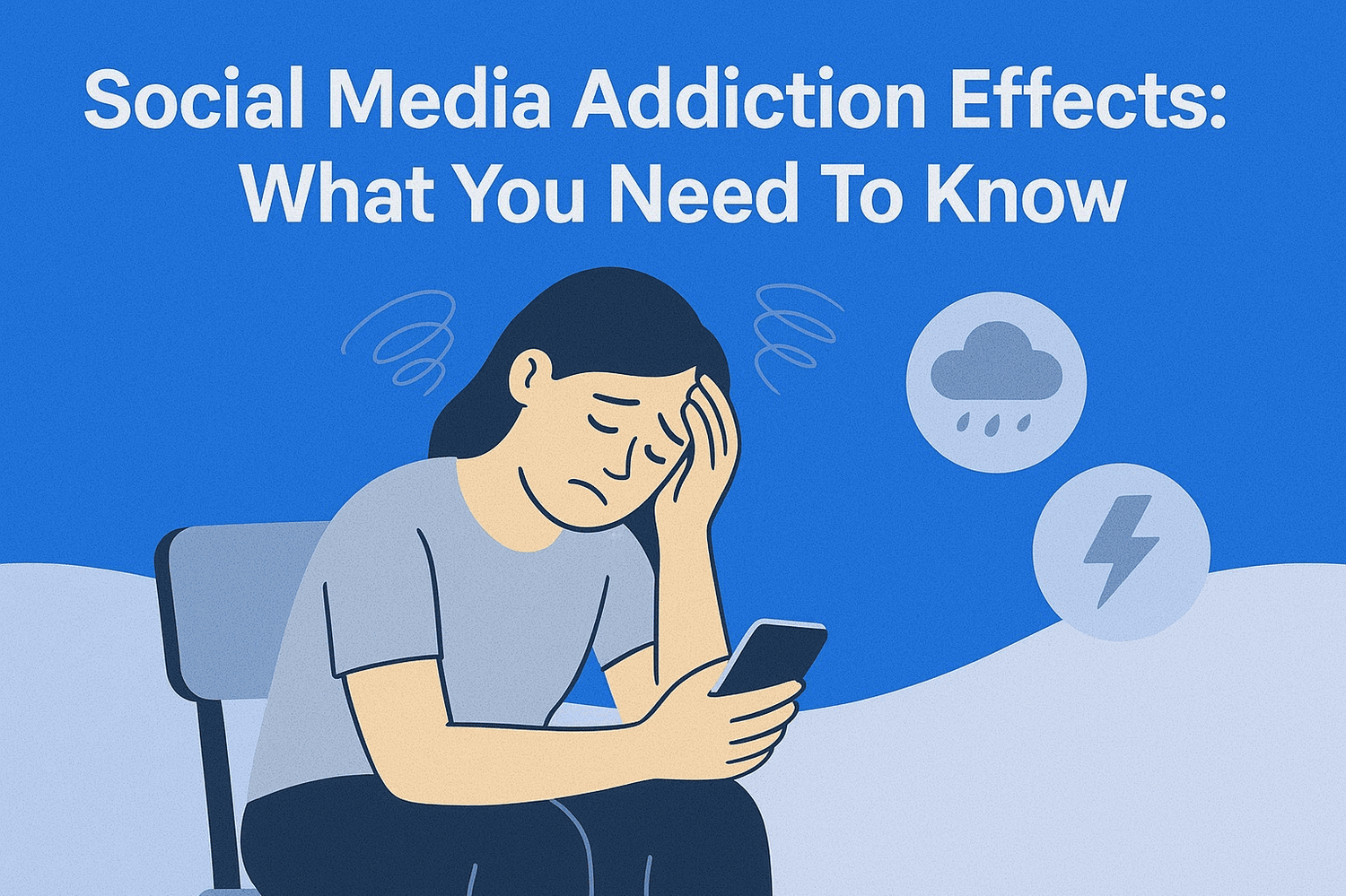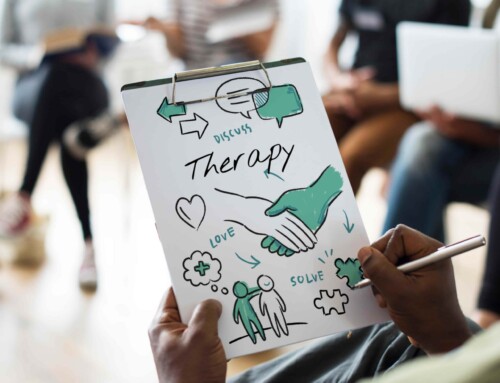Social Media Addiction Effects: What You Need To Know?
TL;DR
|
|---|
You pick up your phone to check a message or watch a reel, and suddenly half an hour has disappeared. The real issue isn’t the phone itself, it’s how social media is designed to keep you hooked. According to a study by Soax, the average person now spends nearly 2.5 hours a day on social media.
When scrolling begins to shape your mood, focus, and relationships, it may be a sign of problematic social media use.
That’s where Total Life Counseling steps in. We work with young adults, teens, and families who feel overwhelmed by the effects of social media addiction. With counseling, family and peer support, and practical strategies, we help set healthier boundaries, restore balance, and rebuild meaningful connections both online and offline.
In this blog, we’ll explore the real effects of social media addiction and why recognizing them is the first step toward building healthier digital habits
Hooked On The Scroll: What Makes Social Media Addictive?
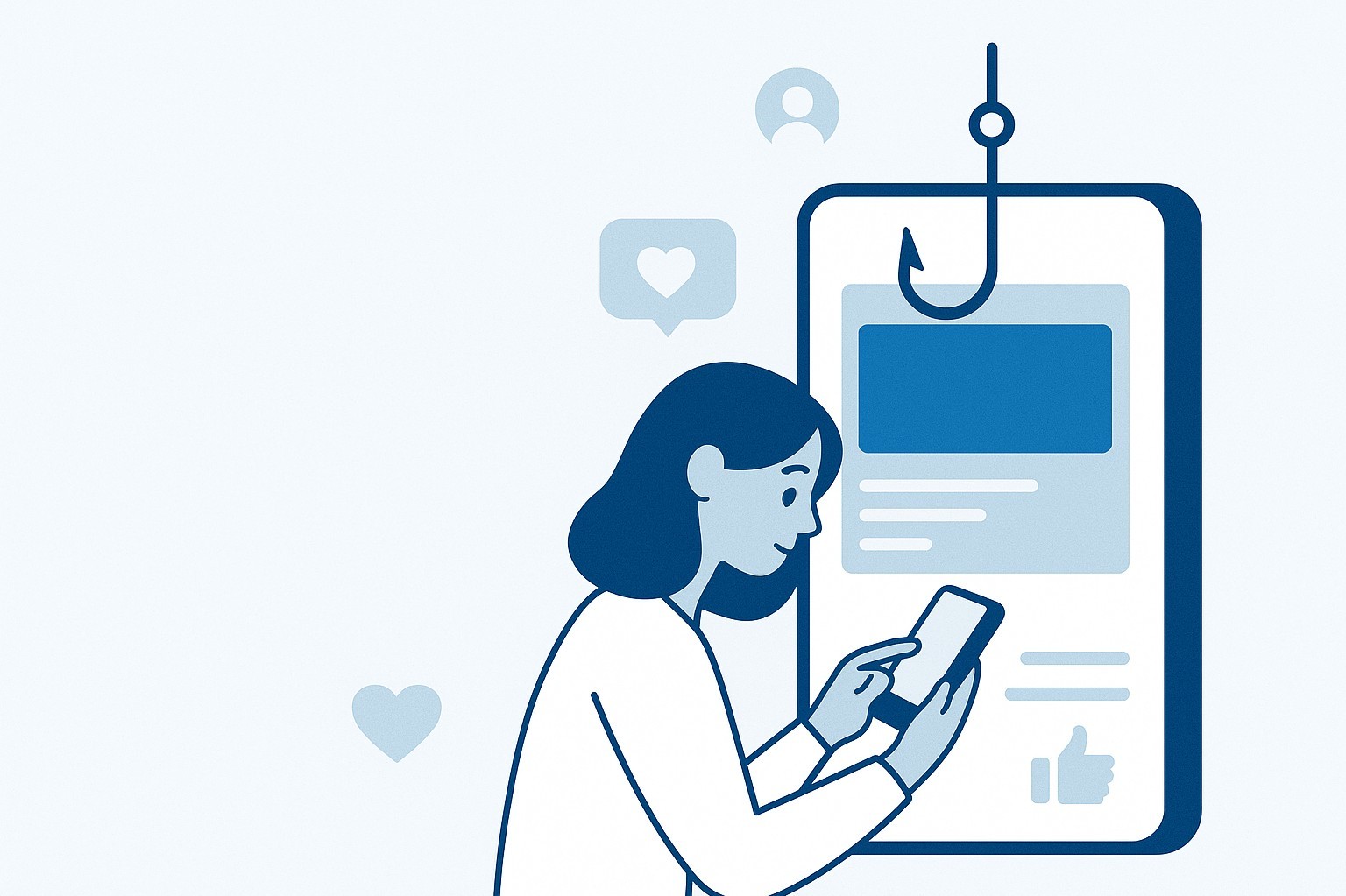
You might ask yourself, ‘Is social media addiction real?’ At first, scrolling feels harmless, just a quick peek at your feed or a reel before bed. But for many people, it doesn’t stop there. Over time, what starts as casual use of social media can slip into something bigger, a behavioral addiction.
Think about how often you pick up your phone without meaning to. Maybe you open Instagram while waiting in line, check TikTok before getting out of bed, or refresh your social media notifications during dinner.
That’s because it’s not just habit, it’s brain chemistry. Every like, share, or comment gives your brain a tiny hit of dopamine release, the chemical linked to pleasure and motivation.
These addictive reward pathways tell your brain, “This feels good, do it again.” Before long, you find yourself checking your phone without even realizing it.
Some clear red flags include:
- Using social media to boost your mood when you’re stressed or bored
- Feeling anxious or restless when you can’t check your phone
- Running into conflicts with family, school, or work because of your excessive social media usage
For teenagers and young people, the pull can be even stronger. Their brains are still developing, and they’re especially sensitive to peer approval, which makes likes and comments feel extra rewarding.
If these signs sound familiar, you don’t have to handle them alone. Book a session with a counselor today.
What Are The Signs Of Social Media Addiction?
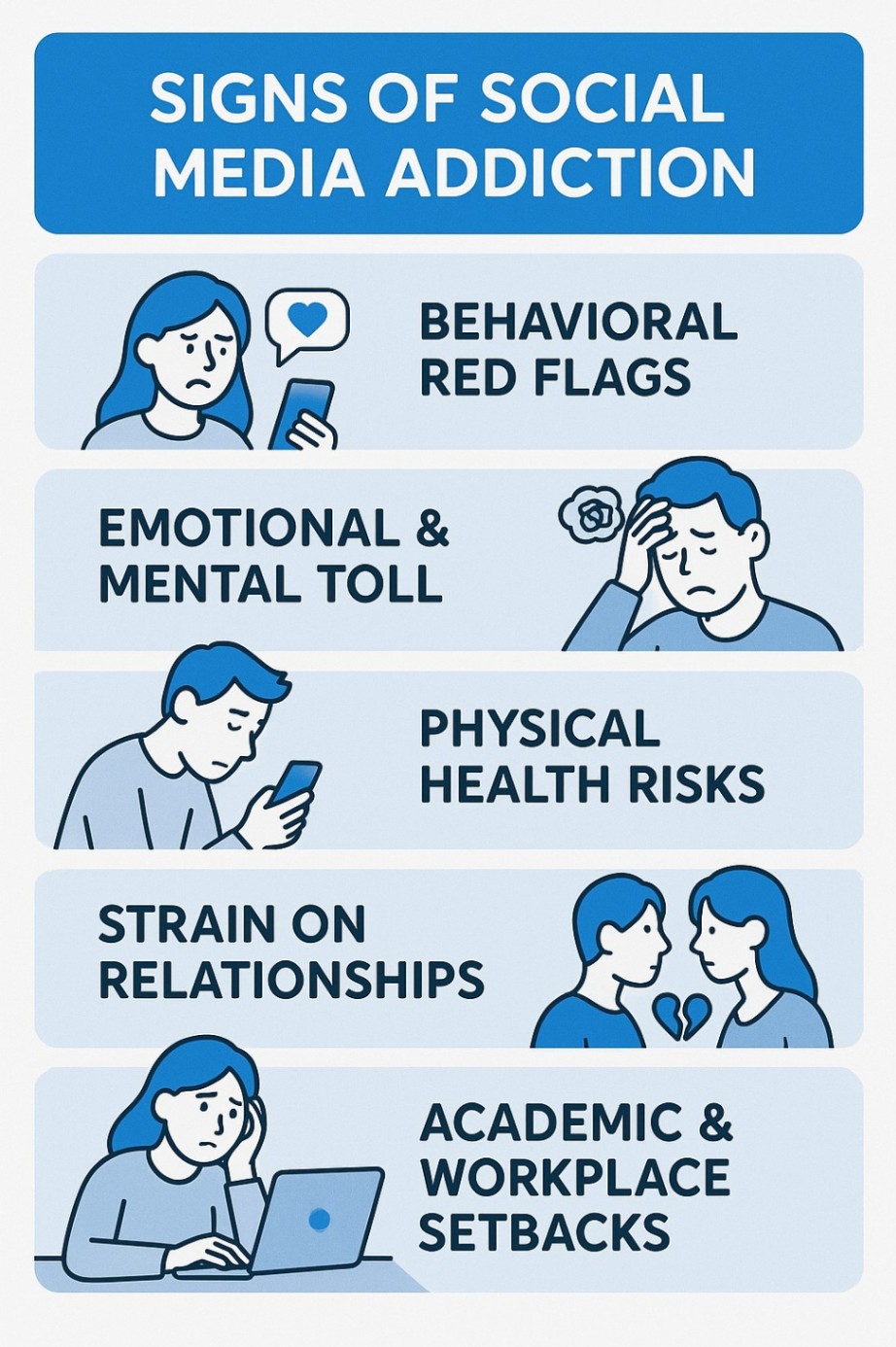
Social media addiction doesn’t always look obvious. Maybe you promise yourself a quick scroll before bed and end up wide awake an hour later, or you feel uneasy the second you’re away from your phone.
For some, it shows up in everyday habits, while for others it’s tied to the emotions that kick in when the feed goes silent.
So,if you’ve ever asked yourself “what are the effects of addiction to social media?”, here are some signs of social media addiction to watch for:
1. Behavioral Signs You Shouldn’t Ignore
Addiction often shows up in actions. Choosing scrolling over face-to-face interaction, spending excessive hours online, or feeling restless when you can’t check your phone are strong red flags. Other signs include constant urges to log in, failed attempts to cut back, and slipping grades, work performance, or relationships.
To understand how these behaviors can have serious real-world consequences, watch this insightful expert interview:
2. Emotional & Mental Toll Of Social Media
Social media can become a default coping tool for stress or loneliness. Warning signs include anxiety, irritability, or low mood when offline. Constant comparisons may lead to feelings of inadequacy, negative body image, and reduced self-worth that linger long after you log out.
If social media leaves you feeling worse instead of better, it’s a clear sign your emotional health is being affected.
3. Hidden Physical Health Risks
If you ask what physical symptoms can result from excessive social media use, the list is longer than you might expect. Poor sleep from late-night scrolling, digital eye strain, frequent headaches, and ‘tech neck’ are common. Over time, sitting for long periods with little movement can also lead to weight gain and other long-term health risks.
4. The Strain On Daily Life & Relationships
Excessive use can weaken real-life connections. Talking online feels easier, but it may reduce confidence in face-to-face interactions. At home, family may feel ignored, and in relationships, constant scrolling can create jealousy, insecurity, or emotional distance.
These are powerful examples of what are the causes and effects of social media addiction, a digital habit that chips away at real world presence.
5. Academic & Workplace Setbacks
Constant notifications and the pull to scroll disrupt focus. Tasks take longer, productivity drops, and procrastination becomes routine. Missed deadlines and rushed work are clear signs that online habits are interfering with long-term goals.
If these social media effects feel overwhelming overtime, therapies like Trauma-focused cognitive behavioral therapy can provide effective tools to rebuild balance, strengthen mental health, and support lasting change.
What Steps Can Help You Build Healthier Digital Habits?
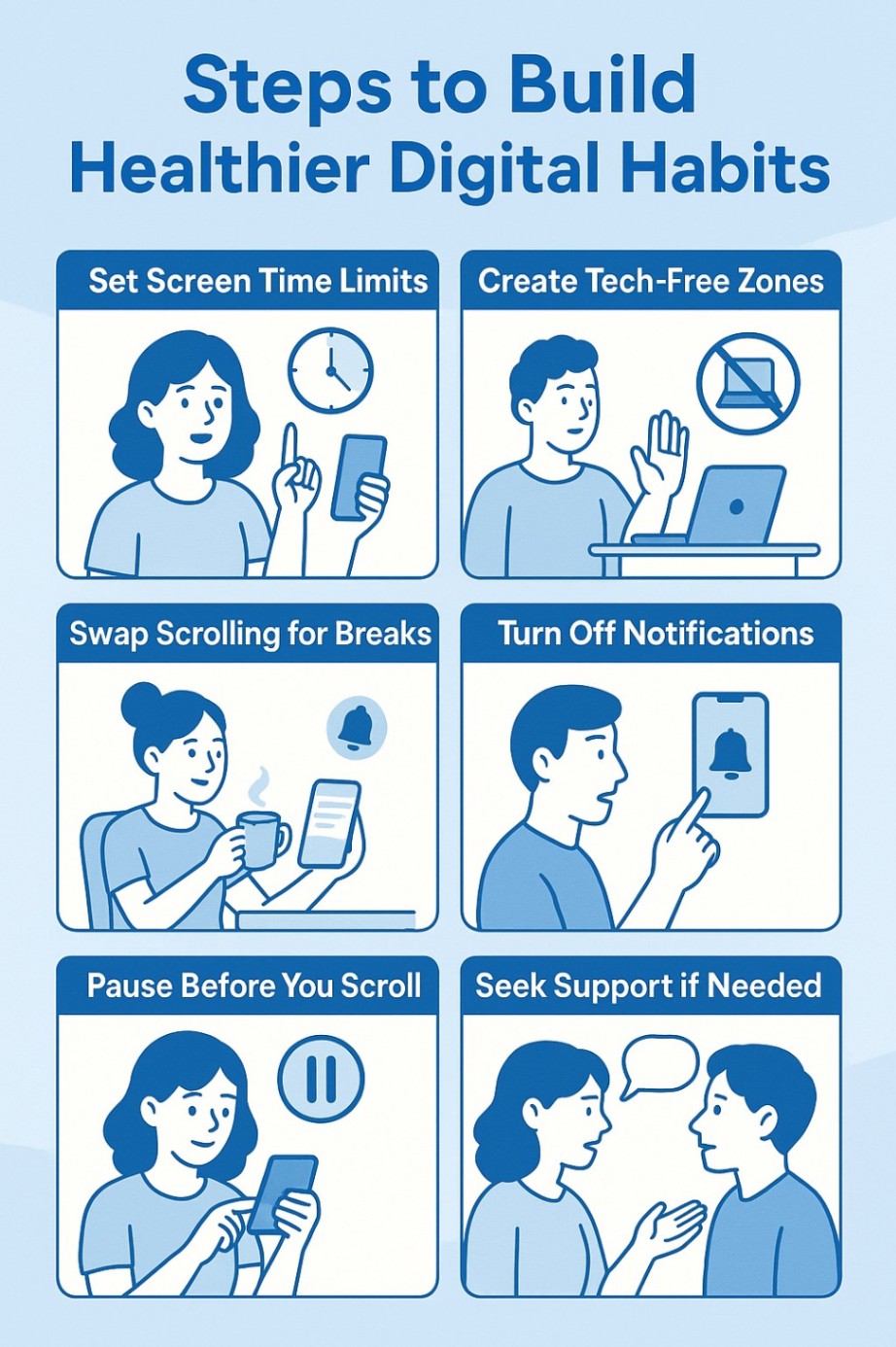
Social media doesn’t have to be harmful. When used with intention, it can help you stay connected and informed. The challenge is setting boundaries so it doesn’t control your time, mood, or relationships. Here’s how you can start building healthier digital habits:
1. Take Control With Screen Time Limits
It’s easy to underestimate how much time goes into scrolling. Check your phone’s screen time tracker to see your daily average and then set realistic limits.
For example, if you normally spend 3 hours a day on social media apps, try reducing it to 2.5. That small cutback gives you over two extra hours a week. You could use that time to grab coffee with a friend, finish a book, or catch up on sleep.
If constant scrolling has left you or your child feeling anxious, restless, or overwhelmed, our addiction masterclass offers gentle, natural strategies to restore balance and support mental health.
2. Protect Your Space With Tech-Free Zones
Certain places and times should be free of devices. No phones in the bedroom helps your brain disconnect before sleep, leading to better rest.
Keeping devices off the dinner table encourages real conversations with family or friends. These boundaries remind you that not every moment needs to be filled with screen time.
3. Replace Scrolling With Real-Life Breaks
Scrolling often fills boredom, but it rarely leaves you refreshed. Instead, plan intentional breaks with activities that recharge you.
Take a quick walk outside, doodle in a notebook, or brew a cup of tea. By having an alternative ready, you’re less likely to default to social media when you’re tired or restless.
4. Silence the Noise by Turning Off Notifications
Every ping is designed to grab your attention. Turning off non-essential notifications such as likes, comments, or suggested posts reduces constant interruptions.
You will also feel you can go longer without checking your phone, which helps you focus on work, studies, or quality time with loved ones. You will also feel more in control of when and how you use your apps.
5. Pause Before You Scroll
Scrolling isn’t always bad, but when it’s automatic, that’s when it becomes draining. Before opening an app, ask yourself: Why am I doing this? If the answer is boredom, stress, or procrastination, try addressing the root cause instead.
Stand up, stretch, take a few deep breaths, or tackle a quick task. Building this pause into your routine helps you scroll with intention, not out of habit.
6. Get Support When You Need It
Sometimes cutting back on your own feels impossible, and that’s okay. If social media is seriously affecting your sleep, grades, work, or relationships, consider seeking help.
Counseling, support groups, or accountability apps can provide structure, encouragement, and strategies tailored to you. Reaching out for support takes courage, and it’s often the most important step toward finding balance again.
These steps aren’t about giving up social media altogether but about making it work for you rather than against you. With practice, it becomes easier to enjoy the benefits of being connected without sacrificing your focus, health, or relationships.
Struggling with focus and confidence? Explore these self-esteem activities for teens that can help rebuild motivation and balance in daily life.
How Total Life Counseling Can Help?
At Total Life Counseling (TLC), we understand how easy it is for social media, gaming, and smartphones to take over daily life. Our therapists have shared their expertise in more than 200 national and local TV, radio, and print interviews, making TLC a trusted voice on technology-related challenges.
Families and professionals turn to us because we don’t just talk about these issues, we actively help people overcome them.
Here’s how we can support you:
- Individual Counseling: One-on-one sessions tailored to your personal challenges.
- Family Counseling: Strengthening communication and building healthy boundaries at home.
- Teen Counseling: Helping adolescents manage screen time, peer pressure, and self-esteem.
- Group Therapy: Connecting with others who share similar struggles and learning coping strategies.
- Workshops and Education: Practical programs focused on time management, stress reduction, and healthier digital habits.
Whether it’s for you, your teen, or your family, Total Life Counseling is here to help you create balance, restore connection, and focus on what truly matters.
Ready to make a change? Contact us today
Final Words
Social media will always be part of life, but it should not replace the things that truly matter. When you choose connection over scrolling, or set small boundaries around your screen time, you begin to take back control. These changes may feel small, but they create space for better sleep, stronger relationships, and a calmer mind.
Be patient with yourself as you make adjustments. Balance is built one choice at a time, and every positive step brings you closer to a healthier relationship with the digital world.
Frequently Asked Questions
Can social media addiction cause long-term mental health issues?
Yes, social media addiction can lead to long-term mental health issues. Chronic use is strongly linked to persistent anxiety, depressive symptoms, and overall poor mental health due to factors like social comparison, cyberbullying, and altered brain chemistry.
How does social media addiction impact the daily life and routines of affected individuals?
Social media addiction disrupts daily routines by reducing focus, lowering productivity, and interfering with sleep. It can replace face-to-face interactions with screen time, strain relationships, and lead to habits of procrastination, poor time management, and emotional dependence on online validation.
What steps can I take if I think I’m addicted to social media?
If you think you have a social media addiction, start by setting strict time limits and taking digital detoxes. To address the negative impact of social media on your mental health, consider professional help like cognitive behavioral therapy, which is effective for changing problematic behaviors.
Is quitting social media necessary or can usage be moderated?
For most people, moderation is a more realistic goal than quitting completely. Practicing mindful usage and reducing screen time can help build better lives without total abstinence. However, for severe addiction, a temporary break may be necessary to reset your habits.
What are the long-term effects of social media addiction?
Long term effects of social media use can lead to chronic anxiety, depression, low self-esteem, poor attention span, strained relationships, and lasting physical issues like sleep disorders or posture-related pain.
What are the negative effects of social media addiction on youngsters?
For youngsters, using social media for excessive amount of time can lead to anxiety, poor sleep, low self-esteem, academic setbacks, and strained family or peer relationships. Over time, it can affect confidence, focus, and healthy social interaction in real life.
Filed in: Jim West, Video and Social Media Addiction
Share This Story, Choose Your Platform!
Total Life Counseling Center consists of Licensed Counselors, masters level therapists, Español counselors, Licensed Mental Health Counselors, business coaches, and image enhancement coaches who provide counseling for emotional, mental, physical and spiritual care including marriage, individual, family, substance abuse and more. TLC’s family, trauma and marriage experts have been interviewed on National and Local TV/Radio over 200 times for their expert advice on Fox News, OWN, WETV, ABC’s Medical Minute and more. Our skilled counselors are relational, approachable and specialists providing therapy services in the Central Florida area including: Orlando, Winter Park, MetroWest, Windermere, Dr. Phillips, East Orlando, Lake Mary, and Clermont, Boca Raton Florida, and Dallas, TX.

